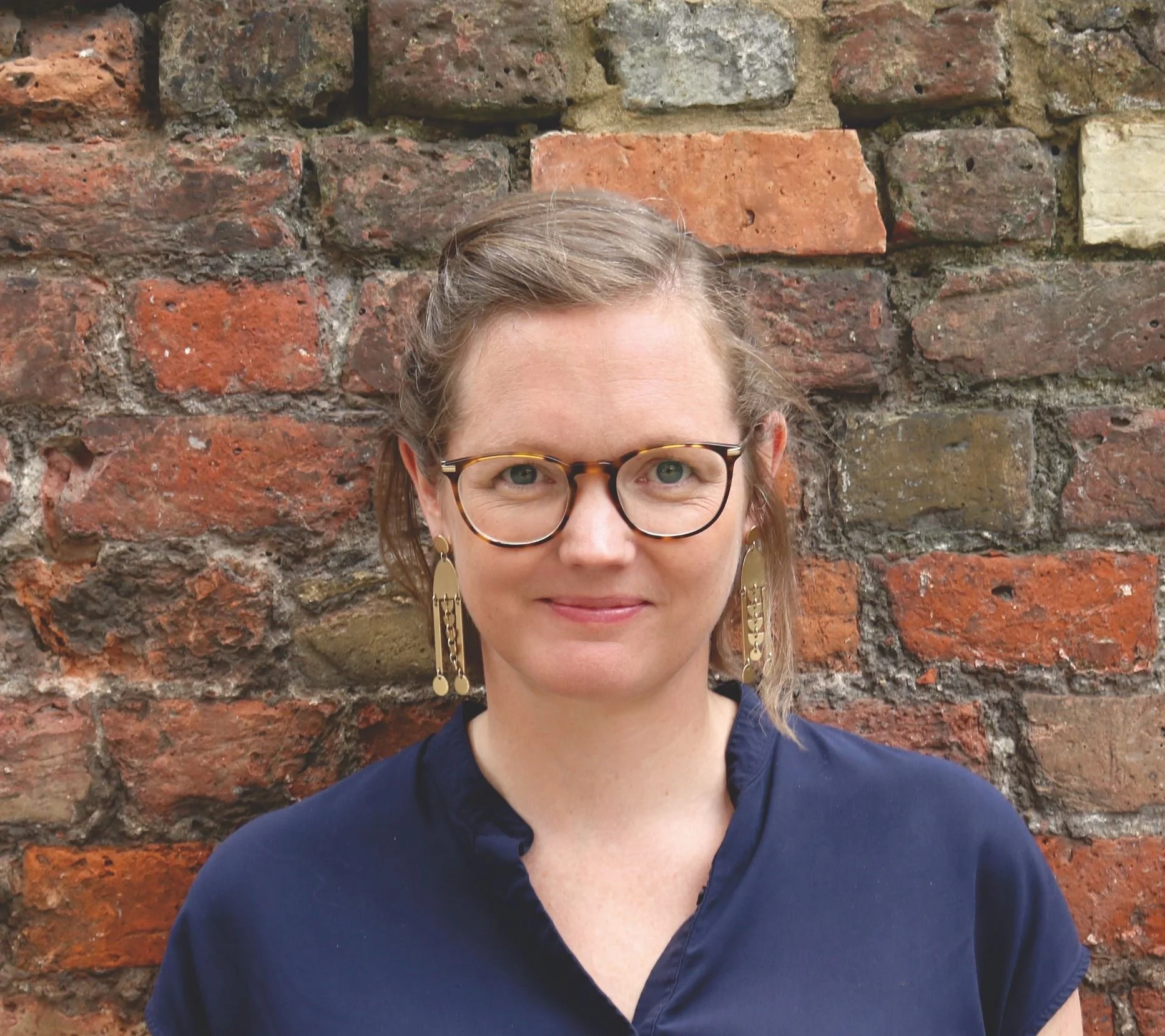Balancing heritage preservation with climate adaptation through retrofit
Laura Baron, Head of Sustainability at Purcell, emphasises the need for a mindset shift to prioritise sensitive retrofit in preserving existing and historic buildings. Joining other industry leaders, Laura will spotlight the importance of policy-driven change and upskilling at all levels to drive sustainable transformation at the upcoming International Retrofit Conference.
80% of the buildings we have today will still exist in 2050. If we don’t work out how to reduce these buildings' impact on the climate, we will struggle to meet the UK’s net zero targets.
Next week the International Retrofit Conference is taking place as part of BE-ST Fest, a two-day industry summit focused on zero carbon construction. Speaking ahead of the Conference, Laura Baron believes that building a robust skillset across all levels of the built environment sector is essential in empowering professionals to guide clients to consider retrofit as an essential part of the long-term maintenance and preservation of existing and historic buildings.
Attendees at the International Retrofit Conference will hear Laura share her ideas in a panel dedicated to the role of skills in the transition to net zero. With Purcell's expertise in heritage buildings, Laura’s perspective on sustainability is inevitably focused on how to influence clients to consider retrofit in the context of historic buildings, helping ensure their continued use and enjoyment for future generations.
She highlights that a key aspect of what Purcell does is work with clients to find innovative ways of facilitating the continued evolution of our built heritage, through an understanding of significance, and the balance of harm and benefit. “There is an assumption in our sector that heritage buildings must be preserved as they are, and that altering them will harm their significance”, she notes, “yet we rarely consider the environmental harm of inaction. This fixation on preserving objects and structures at all costs risks ignoring the urgent need for climate action, and the global implications of our local decision making.” She calls for a fundamental shift in attitudes that accepts the climate emergency as a life safety issue and acknowledges the risks posed to people and the environment by not prioritising decarbonisation and energy efficiency measures when it comes to existing and historic buildings.
She also warns of a belief that climate-related transformation is the responsibility of younger people entering the sector. Laura explains, “There’s often this expectation that younger generations need to be more proactive, more informed, more engaged with sustainability. But it’s not about upskilling the new generation alone - it’s about educating at the top too. Decision-makers are the ones clients look to, and it’s crucial that these leaders can communicate what sustainable practices mean and why they matter.” For industry to change she believes we need to find a way of educating senior leaders and professionals to champion sustainability and communicate its value to clients.
Alongside this, we need policy-driven change across the industry to scale upskilling and the transition to net zero. Consistent policies can serve as a lever for change, establishing a foundation that aligns client education and professional practices. “Policy is one of the most effective tools we have. We have seen in the past that the industry is able to adapt quickly when there is policy in place — in these cases, clients responded, developers responded, the whole sector shifted. We need this kind of unified approach in sustainability,” she says.
At the International Retrofit Summit, Laura will join other leading voices in the industry, including Duncan Baker Brown from BakerBrown, and Charlie Edmonds and Imandeep Kaur from CIVIC SQUARE, to collectively move beyond talk and towards tangible learning, decision making and action to make retrofit and transformational change happen around the globe.
BE-ST Fest is the culmination of a month-long festival celebrating the sustainable built environment. It brings together hundreds of professionals from construction and the built environment to showcase best practices and highlight emerging opportunities.
It takes place the 6th and 7th November at Paisley Town Hall - tickets are free, book here.

